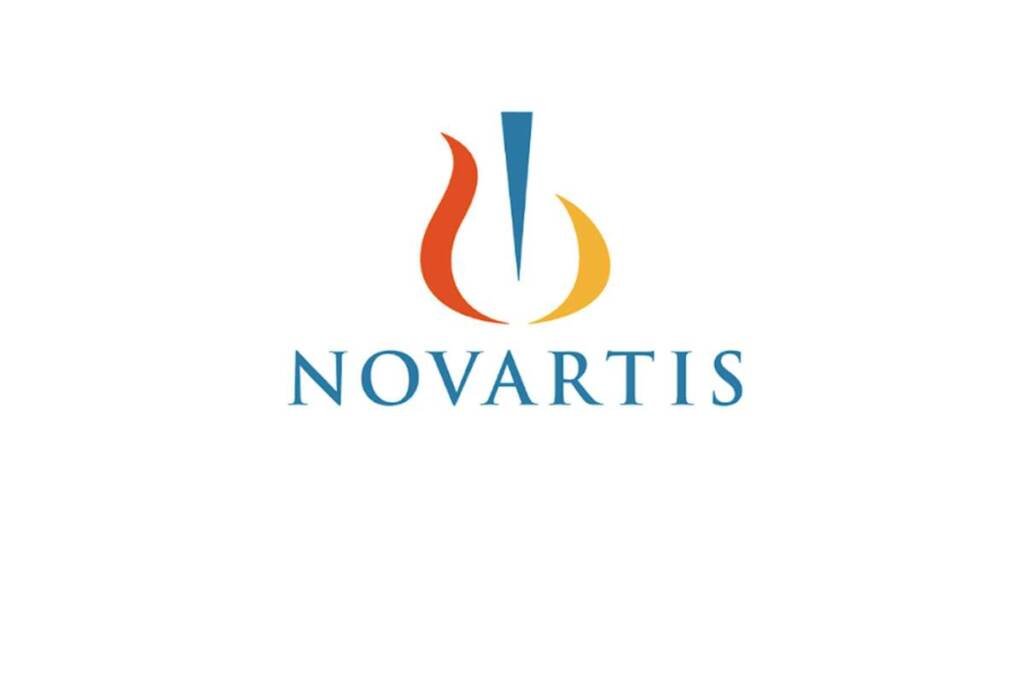Source – Ionis Pharmaceuticals
Novartis has enlisted Ionis to develop another drug for cardiovascular disease, investing $60 million in a “next-generation” drug aimed at targeting lipoprotein(a) (Lp(a)). This new drug builds upon the success of pelacarsen, an antisense-based Lp(a)-targeting drug that is currently in Phase III testing.
The collaboration with Ionis is based on their innovative and advanced technologies, and Novartis has made an upfront payment along with undisclosed milestones. If approved, Novartis will handle the development, manufacturing, and sales of this follow-up drug.
Pelacarsen emerged from a 2017 agreement between Novartis and Ionis’ subsidiary, Akcea Therapeutics. This deal granted Novartis the option to acquire licensing rights for both pelacarsen and olezarsen. Novartis chose to exercise its licensing rights for pelacarsen in 2019, although financial specifics of the agreements were not disclosed in either 2017 or 2019.
Aside from the ongoing cardiovascular outcomes trial, Novartis is conducting a phase 3 study in Germany to evaluate whether pelacarsen can reduce the necessity for lipoprotein apheresis—a procedure that involves extracting lipoprotein from the blood. A separate Phase II trial, which aims to assess pelacarsen’s potential in impeding the progression of calcific aortic valve stenosis, has been postponed by five months. Originally slated for a September 2023 commencement, this trial will now kick off in March 2024.
The move comes as pelacarsen is being evaluated in the HORIZON cardiovascular outcomes study, which involves over 8,300 subjects with cardiovascular disease and elevated Lp(a) levels. The study is expected to produce results in 2025, focusing on the rates of major cardiovascular events in patients receiving monthly 80mg doses of pelacarsen compared to a placebo group.
The decision to develop a second-generation Lp(a)-targeting drug might be driven by the competition from Amgen’s olpasiran, an RNA interference-based therapy, also in a Phase III cardiovascular outcomes study, and potentially requiring dosing just once every three months. Additionally, Silence Therapeutics is working on an RNAi-based Lp(a) candidate called zerlasiran in the Phase II ALPACAR-360 study, with the potential for even less frequent dosing.
Elevated Lp(a) is known as an independent genetic risk factor for various cardiovascular diseases, and currently, there are no approved drugs to lower its levels. About half of atherosclerotic cardiovascular disease cases are not affected by LDL-cholesterol, the primary target of lipid-lowering drugs like statins and PCSK9 inhibitors, and a significant proportion of these cases are associated with Lp(a). Unlike LDL-c, Lp(a) cannot be effectively modified through lifestyle changes like diet and exercise.
Earlier this year, Novartis collaborated with genetic testing specialist 23andMe to raise awareness about Lp(a) and improve testing rates in preparation for potential approval of drugs that can reduce Lp(a) levels in the body.





























